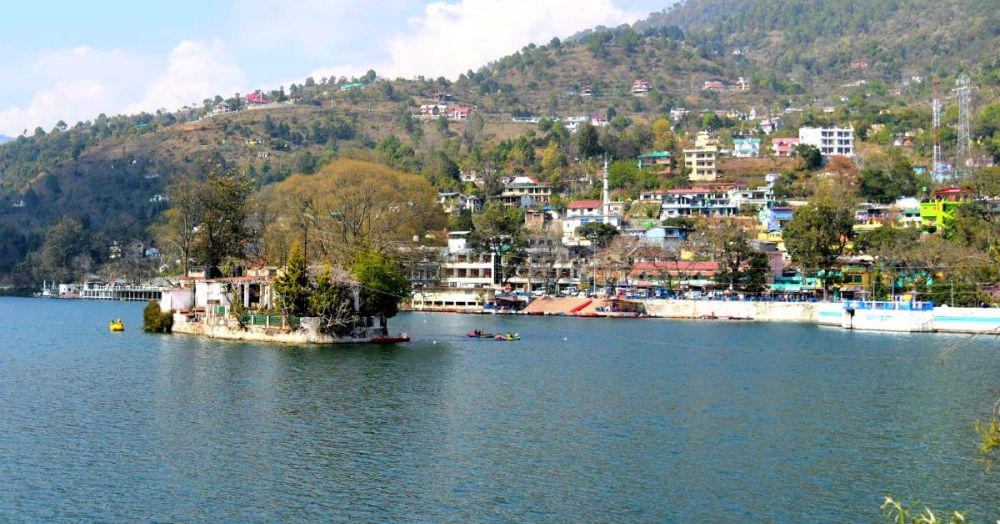

Bhimtal, nestled in the majestic Kumaon hills of Uttarakhand, India, is a gem that has been a part of tourism narratives for centuries. This serene lake town, named after the legendary Pandava prince Bhim from the Indian epic, the Mahabharata, is steeped in myth and ancient allure. For years, it has captured the imagination of travelers with its enchanting lake and tranquil environment.
The history of tourism in Bhimtal can be traced back to the British colonial era when it served as a stopover for British officers and colonial administrators traveling to higher altitudes to escape the Indian summer's heat. The lush green landscapes and cool climate offered a perfect retreat. As word of its beauty spread, more visitors began flocking to Bhimtal seeking solace and recreation.
While the advent of tourism in Bhimtal started with colonial figures, post-Indian independence saw an explosion of domestic tourism. An increase in disposable income among the Indian middle class, coupled with improved transportation networks, catalyzed the growth of Bhimtal as a sought-after holiday destination.
Over the years, Bhimtal has developed extensive tourism infrastructure. The early 2000s witnessed the establishment of numerous resorts, hotels, and guest houses catering to the needs of both luxury and budget travelers. Adventure sports such as paragliding, trekking, and mountain biking began to gain popularity, drawing adrenaline junkies from around the world.
In recent times, there has been a noticeable shift in tourism trends in Bhimtal. A growing preference for offbeat and experiential travel has led to the emergence of eco-friendly accommodations and initiatives focusing on sustainable tourism. Tourists are increasingly seeking immersive cultural experiences, opting to stay in homestays, and participating in local festivals and customs.
Owing to its rich biodiversity, there has been an upswing in nature-based tourism activities. Bird watching, nature walks, and conservation programs attract nature enthusiasts and environmentalists. The town has also seen a rise in wellness tourism, with visitors exploring options like yoga retreats and Ayurvedic spas that promise rejuvenation amidst nature's lap.
The local government and tourism bodies are actively involved in preserving Bhimtal's natural and cultural heritage. Efforts are being made to maintain the ecological balance and promote responsible tourism practices. The town's history and the importance of conservation are increasingly becoming a part of the narrative presented to tourists.
From a historical pit stop to a modern-day sanctuary, Bhimtal's journey in the sphere of tourism has been transformative. Today, it is not just a retreat but a symbol of how travel can coexist harmoniously with nature, culture, and heritage. The future of tourism in Bhimtal looks promising as it continues to evolve and offer experiences that connect the hearts of travelers with the soul of the Himalayas.
With its rich history and evolving trends, Bhimtal persists in enchanting visitors from across the globe. Efforts to diversify tourist experiences while preserving the town's pristine beauty signal a sustainable and bright future for tourism in Bhimtal, Uttarakhand, India.